Playing Board Games with kids is a BIG DEAL!

Back in the day, playing board games was a thing…
I grew up playing board games as a kid. It was a bit of a thing – everyone played scrabble or monopoly or checkers or something like that. Kids were familiar with how games worked. Everyone knew the cheat in the family and how to watch out for them, how to strategise and gang up on your bossiest sibling, how to make dad stop hoarding the good spots on the Monopoly board.
I had a conversation at work the other day with a bright little boy from the pre-school class. He is from a fairly traditional farming family, and I have to confess, I made assumptions. I mentioned playing scrabble and he had no idea what I meant. That led to a big conversation about playing games like snakes and ladders, checkers, chess… all those games that I thought everyone learned as kids. I grew up playing cards and board games, my own kids grew up playing them, and I kinda assumed everyone else did as well.
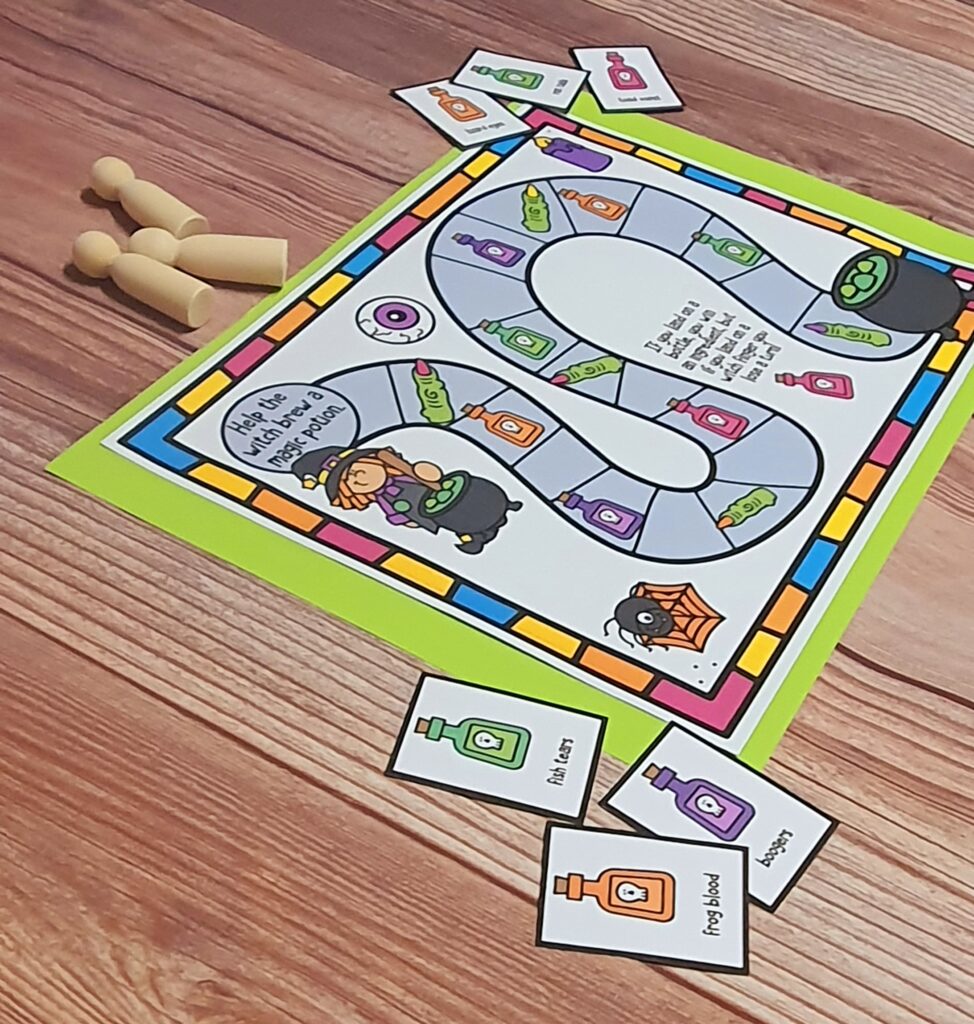
Why do we play board games?
That got me started thinking – why don’t we play board games with kids anymore? Is it a tech issue? A time issue? Are games an old person thing now? Why did we learn to play them in the first place? Was it just a hang over from pre-tv days when there was nothing better to do?
I needed to know, so I went on a mission to find out if playing board games with kids has any relevance anymore. Turns out, there are a million very good reasons why we should still be teaching kids to play board games.
Playing board games grows your brain!
I discovered board games have an enormous effect on brain development.
“Playing is exercise for your brain. Playing stimulates brain areas that are responsible for memory formation and complex thought processes for all ages. Engaging in play assists in practicing essential cognitive skills, such as decision making, higher level strategic thinking, and problem solving.” (reference)
Tasks like planning, organising, remembering, thinking strategically etc are all dependent on frontal lobe development, and game play promotes this.
Playing board games builds executive function
Playing board games with kids builds their executive function. They may need to maintain their attention for a long period of time and they may have to keep a good hold on their emotions during play, so you can see how executive function is important. Higher executive function skills are beneficial throughout life – kids with good EF skills are more successful academically, socially and emotionally. EF is like the foundation for all other learning. And you guessed it, playing board games builds a range of EF skills.
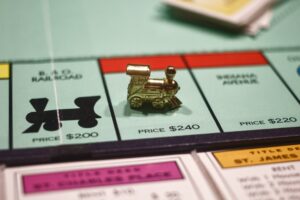
Games can build reading skills, too!
Here’s one that surprised me – playing board games helps with reading comprehension. I can see how playing something like trivial pursuit might build reading skills, but the rest?? #confused
The thing is, keeping track of who did what, what just happened and what might happen next in game play are all skills we teach for reading comprehension. Talk about a light bulb moment!
I thought back to some of my low-level readers at school, and I remember how they played during free time. Some of them were the kids who needed me to be nearby to help with issues during play – they had problems with sharing, problems taking turns, problems when it’s time to make a good choice over an emotional one. The same kids who had trouble keeping track of the thread of a story, to recall what happened and to remember instructions. Low EF, low reading skills, poor comprehension, and poor behaviour.
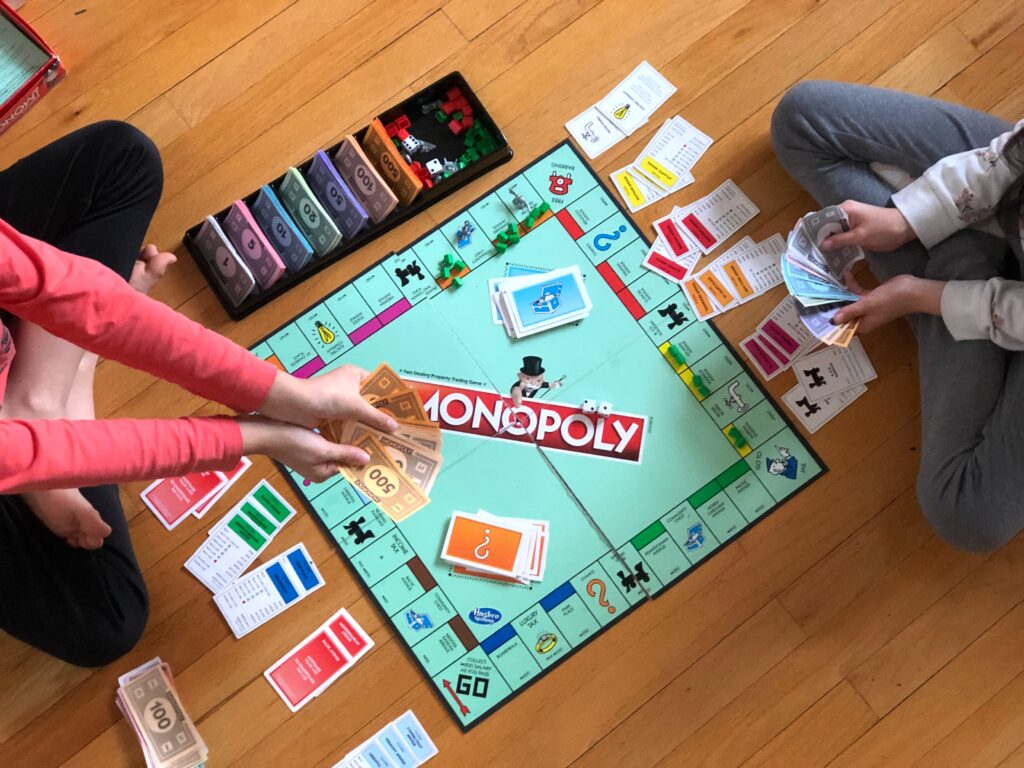
Playing board games increases cognitive processing speed. (This detail really rang my bell, as a slow processor myself! My kids ALWAYS outplay me in chess!) When kids play a game for an extended period of time, their attention span grows because their brain is being asked to work hard to process information over time. Speed and stamina in one!
Building self-regulation through games
One thing I discovered (and got excited about) is how playing board games builds self-regulation skills. We’ve all seen that kiddo who loses a game or a race or some kind of competition and has a meltdown. I’m talking about neurotypical kids here, who just haven’t developed the ability to control their emotions yet. When an adult participates in game play and models appropriate behaviour during the game, kids learn what is and isn’t acceptable. Kids who learn that losing is part of play and that we don’t always win are learning how to modulate their own emotions. Being exposed to opportunities to practice losing – yes, you read that right! – give them a chance to learn HOW to lose successfully!
Board games are fun!
Another favourite fact – playing games with each other is FUN! Playing together builds social relationships and demands consideration and respect for each other. It gives us the warm fuzzies! My own memories of playing games with my parents and siblings and then later with my own children are of love and connection, not of who won or lost. Don’t get me wrong, there have been intensely competitive games over the years – my younger brother and I are SUPER competitive about trivial pursuit and love to beat each other, but because we learned as kids how to win AND lose, the games always end with us laughing and taking the loss on the chin.
After researching this, I immediately threw together a simple, turn-taking board game to play with my kiddos. I had a spinner from a game I bought years ago and I popped some cute graphics on it and I crossed my fingers!
The first time I got it out at play time, I immediately had a bunch of little friends wanting to know what it was and if they could join in. Gotta love that innate curiosity! The first game we played was a simple, spin and move type game. The next day I ramped things up by adding a ‘miss a turn’ element. The results were interesting – some kids coped really well and I heard things like, “That’s ok, it’s just a game”, and “That’s just part of how we play”, and I knew these were the kids who had experienced game play before. Some kids had the full tantrum experience though, and those are the kids I wanted to work with.
My solution…
I made a range of simple board games with fun themes and increased the complexity of a couple to differentiate for those more experienced kids. One of the games has a pirate theme and landing on a coin symbol wins you a little card with a coin on it – pirate treasure! Some plastic pirate coins from my storeroom caught my eye, so instead of the cards, the kids won a ‘real’ coin to hold until the end of the game. They LOVED it! I got mine from the Reject Shop for a couple of dollars but those little guys acted like they were the best thing they’d seen. The coins also added a skill to the game – at the end we counted up each person’s coins as a group so that added some nice counting practice.
I hope you’re interested in playing board games with your kiddos now – the benefits are amazing! If you would like to start playing games with your kiddos, click the link below and I’ll send you a fun Halloween Magic Potion game to start you off.
Or if you’re ready to go all in with board games (like me!) my Easy Board Game for Kids bundle can be found in my TPT store. Just click the picture above.
Good luck and happy gaming!

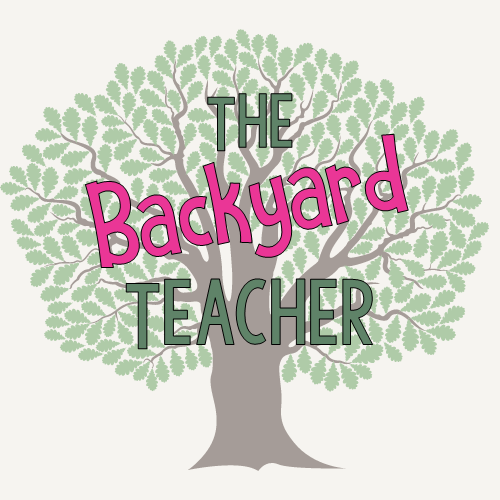

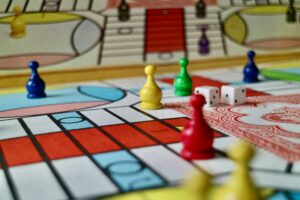
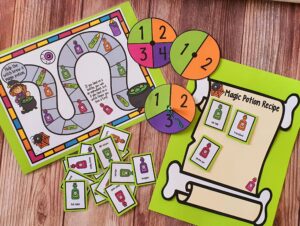


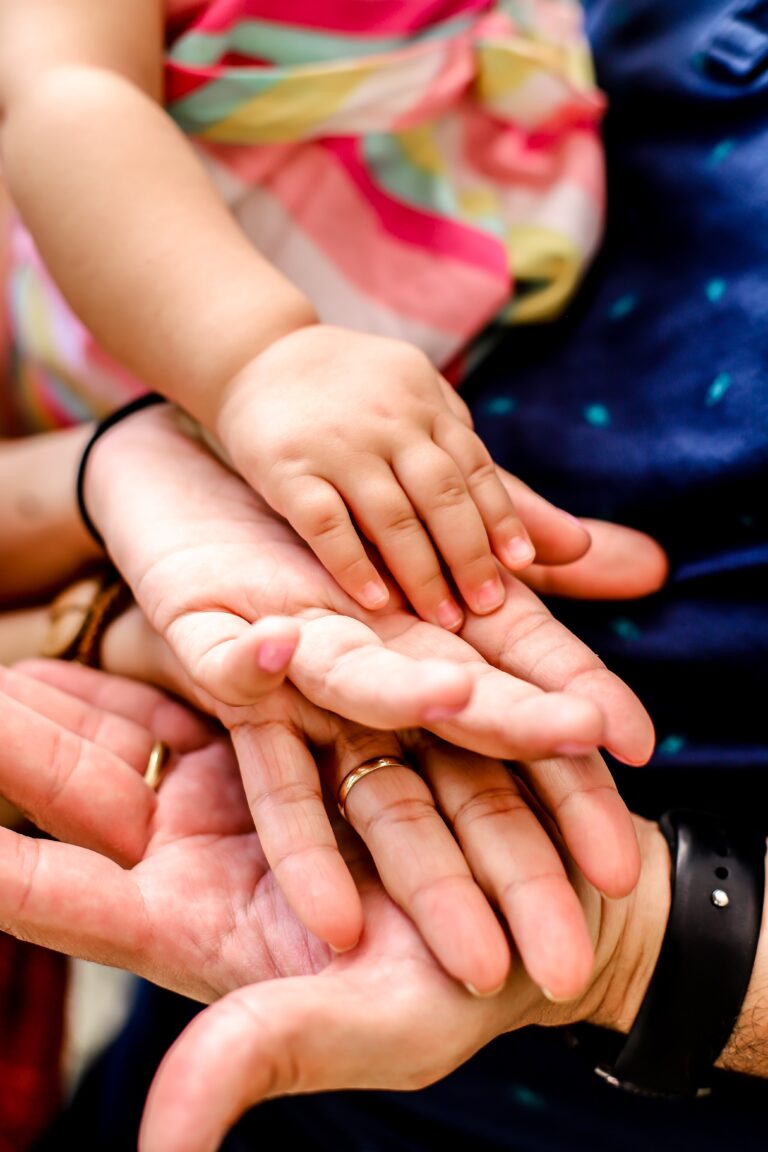
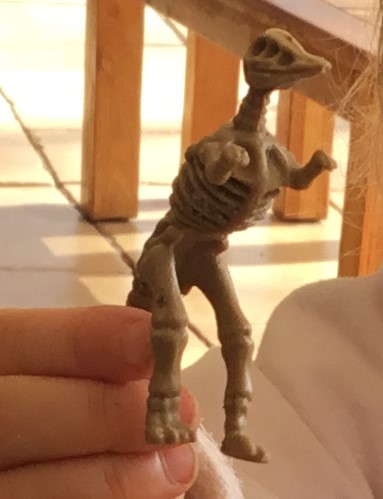


One Comment